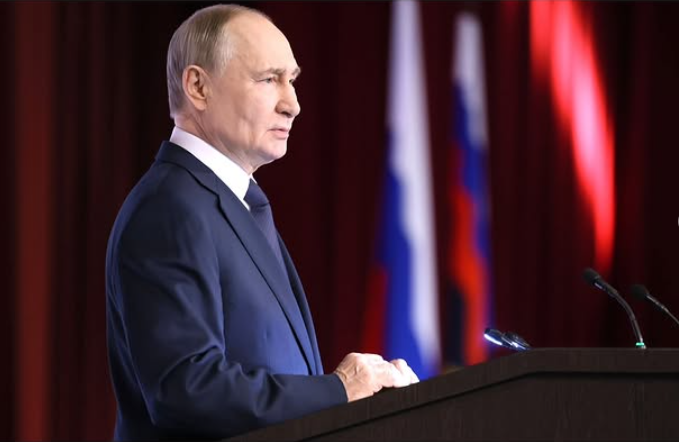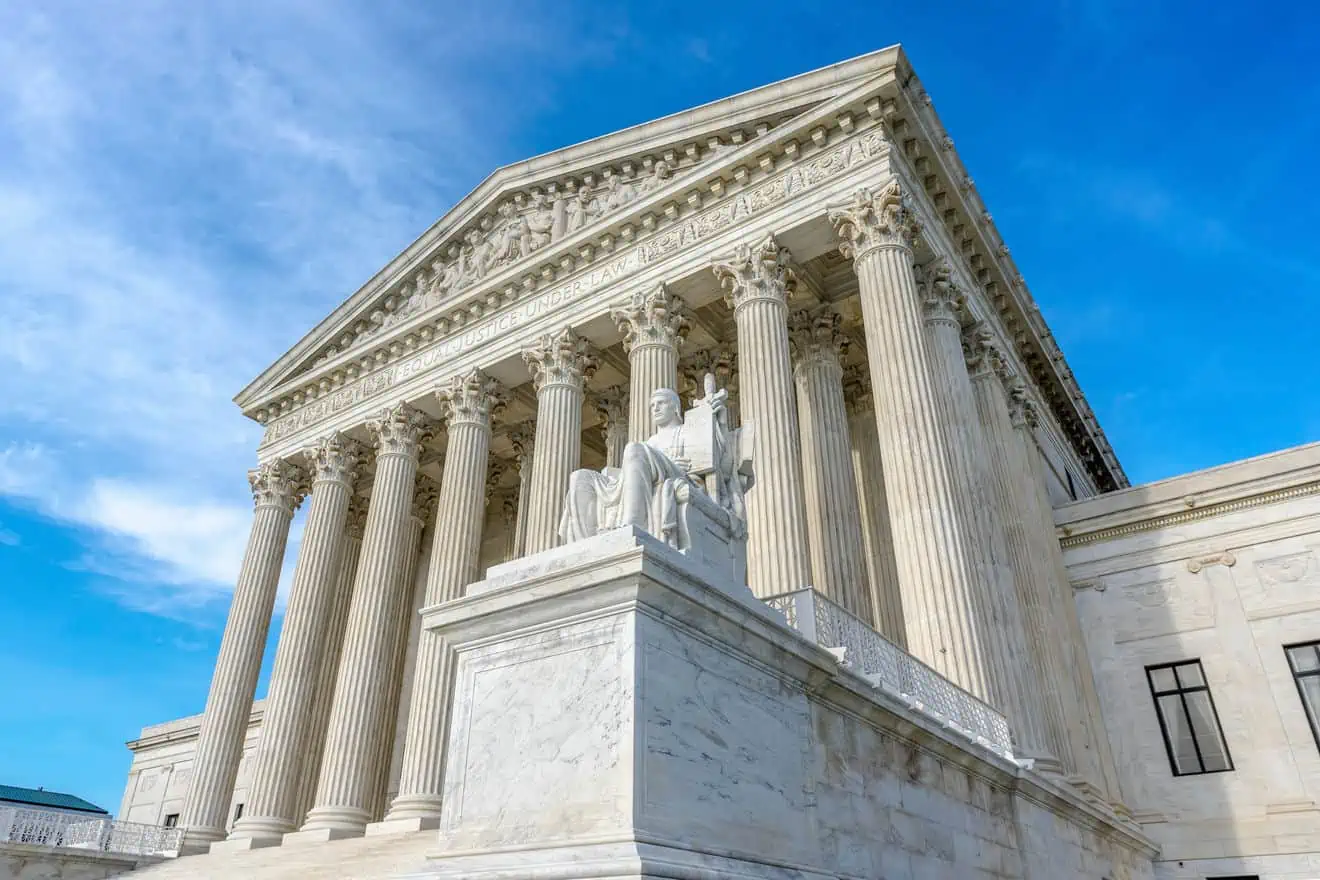[ad_1]
LONDON (Reuters) – The Bank of England looks set to raise interest rates for the first time in more than 10 years on Thursday, despite economic growth appearing weaker than before any other increase in borrowing costs in the past 20.
Almost all economists polled by Reuters expect the BoE to raise base rates to the 0.5 percent they stood at from March 2009 until August last year, when they were halved to 0.25 percent after Britons voted to leave the European Union.
Britain’s annual growth is running at its weakest in four years, but with inflation hitting a five-year high of 3.0 percent in September and unemployment at a 42-year low, the central bank is worried the economy could overheat.
“The time for beginning to edge up interest rates oh-so-cautiously from a quarter percent to a half percent is pretty nigh,” former BoE deputy governor Rachel Lomax said.
A BoE rate hike would follow the pattern set by the U.S. Federal Reserve and to an extent by the European Central Bank, which has said it will start to scale back its stimulus plan.
Those economies are motoring ahead, however, and Britain’s planned departure from the EU in March 2019 makes its future harder to predict.
Most economists polled by Reuters say a rate hike by the BoE now would be a mistake.
They said it should wait for clearer evidence that higher wages will keep inflation above its 2 percent target once the effect of last year’s post-Brexit-vote fall in the pound fades.
“It would probably be more sensible to wait,” said Seamus Mac Gorain, a former BoE economist who is now a fund manager at JP Morgan Asset Management, which controls $476 billion of fixed income assets such as government bonds.
Raising rates to 0.5 percent will not derail the economy. But further increases might be damaging, he said.
“If it ends up being a policy error, it will only be because they make a larger change in rates.”
RATE OUTLOOK
Governor Mark Carney will hold a news conference at 1230 GMT, half an hour after the BoE publishes its decision.
Mac Gorain said markets were pricing a 50 percent chance of a follow-up BoE rate hike in February, rising to a near certainty by May. Economists are much more sceptical, and most do not expect rates to rise at all next year.
The BoE said in September that most of its nine policymakers expected to back a rate rise “over the coming months”. The number who actually do so this month will be key for market expectations of a future rise.
A Reuters poll suggested a 6-3 vote in favour of a rate rise.
If the BoE forecasts that inflation in two to three years will still exceed its 2 percent target, investors may take that as a hint from the central bank that rates will need to rise faster than markets expect.
Carney is likely to stick to long-standing BoE language that rate rises will be “gradual” and “limited” and not the start of a return to pre-crisis levels of rates of around 5 percent.
The British people, 8 million of whom have never known a rate rise in their adult lives, will be his main audience.
“The market has largely priced in a rise, but it will probably be more of a surprise to the general public,” Mac Gorain said.
Additional reporting by Andy Bruce; editing by John Stonestreet
[ad_2]
Source link






Leave a Reply